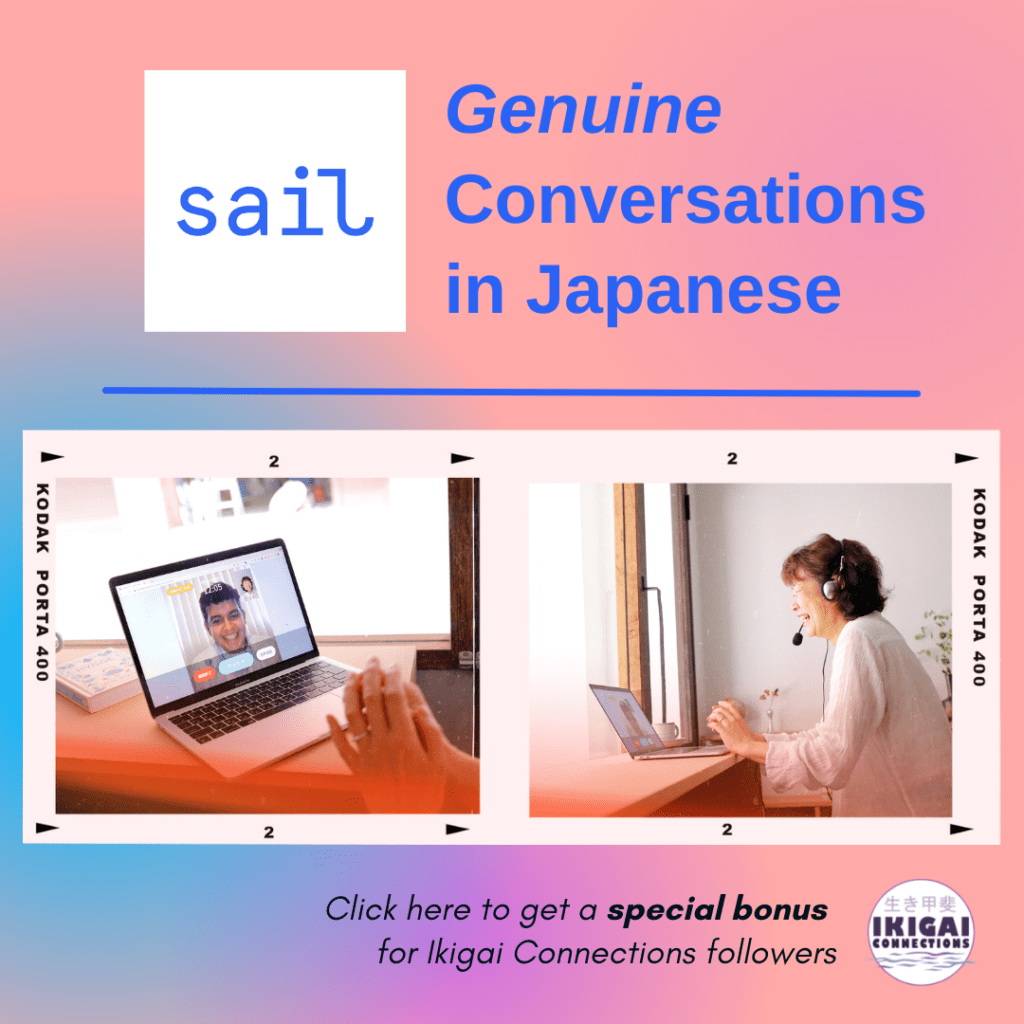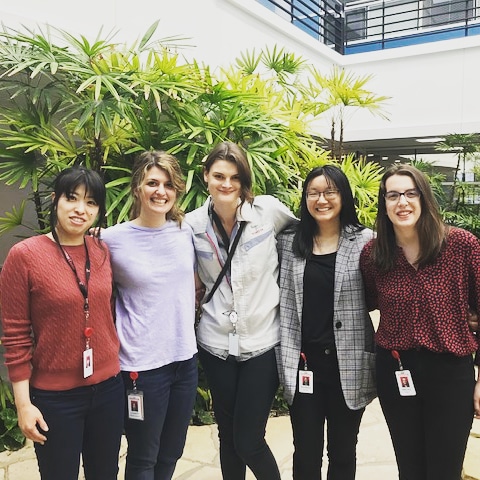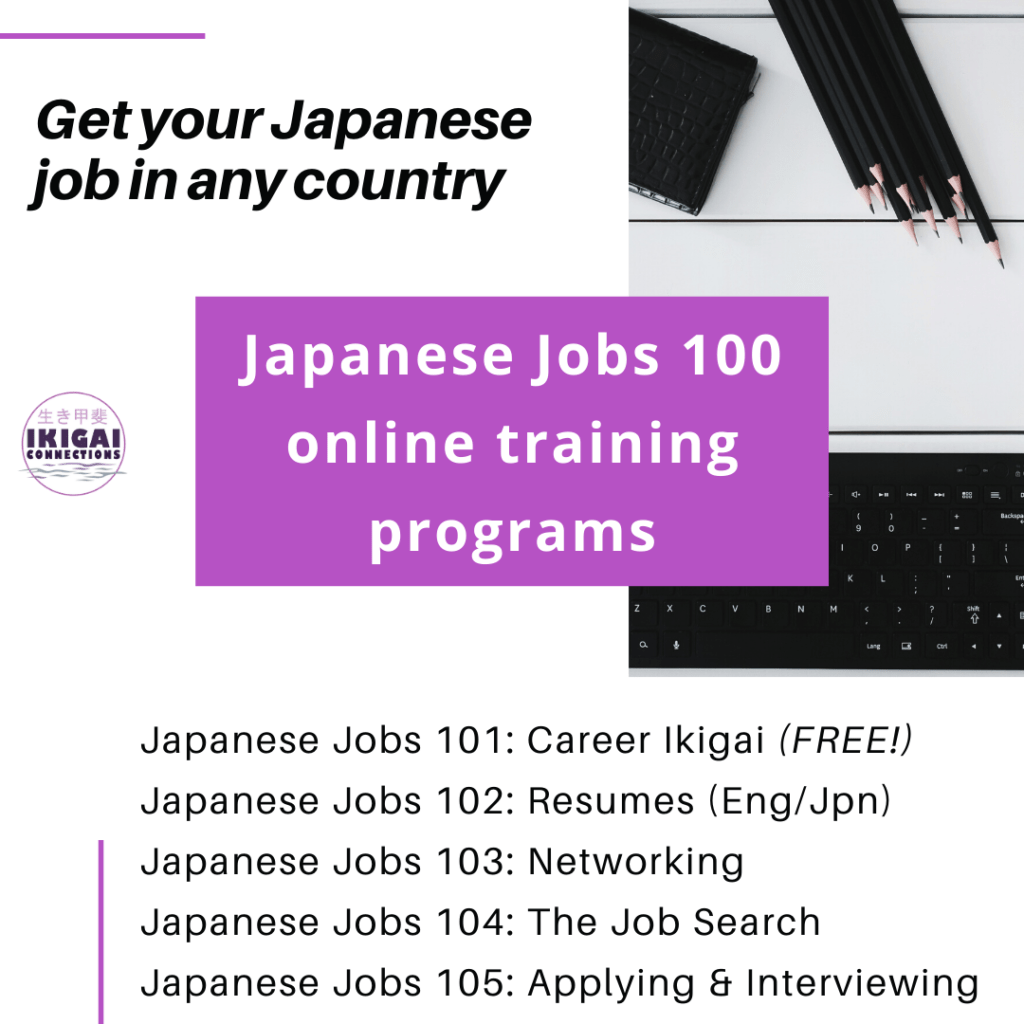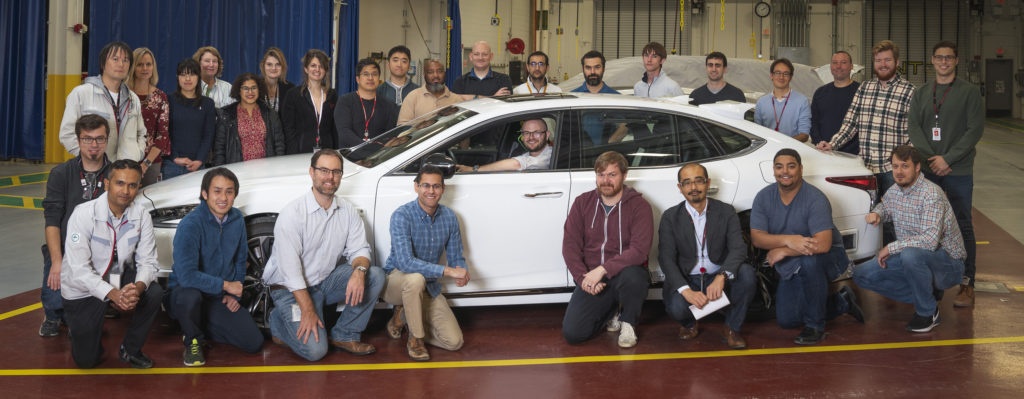Welcome to the Senpai Success Story, where you can read about others who have walked a unique career path using their Japanese language/cultural skills. (Senpai means “mentor” or “teacher,” and the concept is important to understand for anyone wishing to work in a Japanese business setting.)
The Bridge Between Language Studies, Music, and Engineering
From a young age, I have been intrigued by the concept of learning music: starting from a simple note on the piano, practicing the notes enough to play a measure of a piece, and how that measure evolves into phrases, and finally, you’re playing a Chopin mazurka before you know it.
I found that I love the challenge of playing in front of an audience and captivating their attention while I could emote across a sonic medium. This held true later in high school when I decided to start my Japanese language studies.
University & Study Abroad
Seemingly dissimilar interests, music and Japanese language, were my two majors at Michigan State University. As I reflect, language study and music could not be more similar: a student must develop mastery of the linguistic sounds of the language (analogous to notes), begin to form words with those sounds (measures), then take those words and start to form sentences (phrases), and then you are starting to converse (play a piece like the Chopin mazurka)!
Language also includes the study of the culture of the people that speak it and to really put Japanese in context for me. I was encouraged by my sensei in high school, Mori-sensei, to actually go to Japan. This was a catalyst of my love of travel, conversing with and making many Japanese friends, and finally, studying abroad at Michigan State at the Japan Center for Michigan Universities.

Technical Side Gigs
So, you might be wondering, how did I end up in engineering?
Throughout my studies, I always had a technical side gig of sorts: at Michigan State, I was an audio/visual technician for open mic nights. I would adjust gain levels on our portable sound system, mix inputs, and try to make each performer sound as best as possible with our system.
Full time, I was a bassoon performance major at the College of Music and I had to perfect my process of reed making in conjunction with my study of the instrument. Reed making (the reed is the “mouthpiece” of the bassoon that is made of two pieces of cane) is a science as the tools must be calibrated and the maker is constructing the reed with measuring of variables. The variables are placement of wire, thickness of cane, angle of reed knife, length of cane, length of profile, etc.
Ikigai = Professional Musician?
After graduating college with my second degree in Japanese language in 2014 (I went back after my degree in Bassoon Performance), I knew I needed a job that I could earn a decent living and have benefits. The music industry is highly competitive and I did audition for a few symphony orchestras, but was turned down. I was also questioning if being a professional musician was ultimately something I wanted to do.
Dabbling in IT & Japanese
I decided to take a job at an IT company and be an on-call Japanese language interpreter for IT help desk problems.
Being at a call center was not my ideal job, but I did learn a lot about customer service from the experience. I learned as much as I could about IT help desk Japanese phrases and would get to practice this regularly as I worked through troubleshooting level 1 problems over the phone.
After a half year of this, I got an email that changed my career direction into what it is today. The email was from a recruiter for a contract job at Toyota and they needed a bilingual department assistant.

Stepping Stones Towards Electrical Engineering
When I started working in Toyota’s electronic systems department as an administrative assistant, I was intrigued by the work the electrical engineers did.
I had so many encouraging colleagues and managers in my department, and I would always talk with the lab manager. We got along so well and he told me that if I studied electronics and received basic electronics certificates, they would consider hiring me as a junior technician.
Learning New Skills Opens Doors
I was all in! I learned about electricity, electronics, circuit protection, amplifier circuits, 555 timer circuits, series/parallel circuits and Ohm’s law. I loved troubleshooting different systems, getting to the root cause of vehicle electronics issues, and disassembling vehicle electronics systems.
I was hired as a junior technician in 2016.

A Fusion of all Passions
My Toyota journey thus far has been so exciting and a strange, but wonderful fusion of all of my passions: I ended up being able to converse and interpret Japanese language documents and work with Japanese technician teams on issues, I worked in sound system evaluation (music), and later, have been able to work with advanced system development.
I have been able to travel to Arizona, Japan, and California for various assignments and projects. I have been eager to learn the ins and outs of my assignments and I have never been able to ask questions or further delve into something I didn’t understand.
It is possible for anyone, with any background, to thrive in an engineering career if you really want to.
Lauren

Conclusion
Today, I sit here writing from Los Angeles, California, as I am one of the newest senior engineering technicians working on Hydrogen Fuel Cell evaluation.
This has been an absolute dream! I have loved learning about fuel cell technology and am so excited for the good it will bring society. I have gotten to know a lot of our Japanese engineer and technician counterparts.
I hope my story speaks for itself as it is possible for anyone, with any background, to thrive in an engineering career if you really want to. I had no idea what I “wanted to do” after college and honestly, I wouldn’t have it any other way. I spent years simply honing my craft and working from one goal to the next.
My next goal is to get into the Master of Applied Data Science program at the University of Michigan. Always forge your own path and listen to what you truly want- let yourself lead the way!
All photos by Lauren. Find her on LinkedIn: https://www.linkedin.com/in/lauren-denomme/